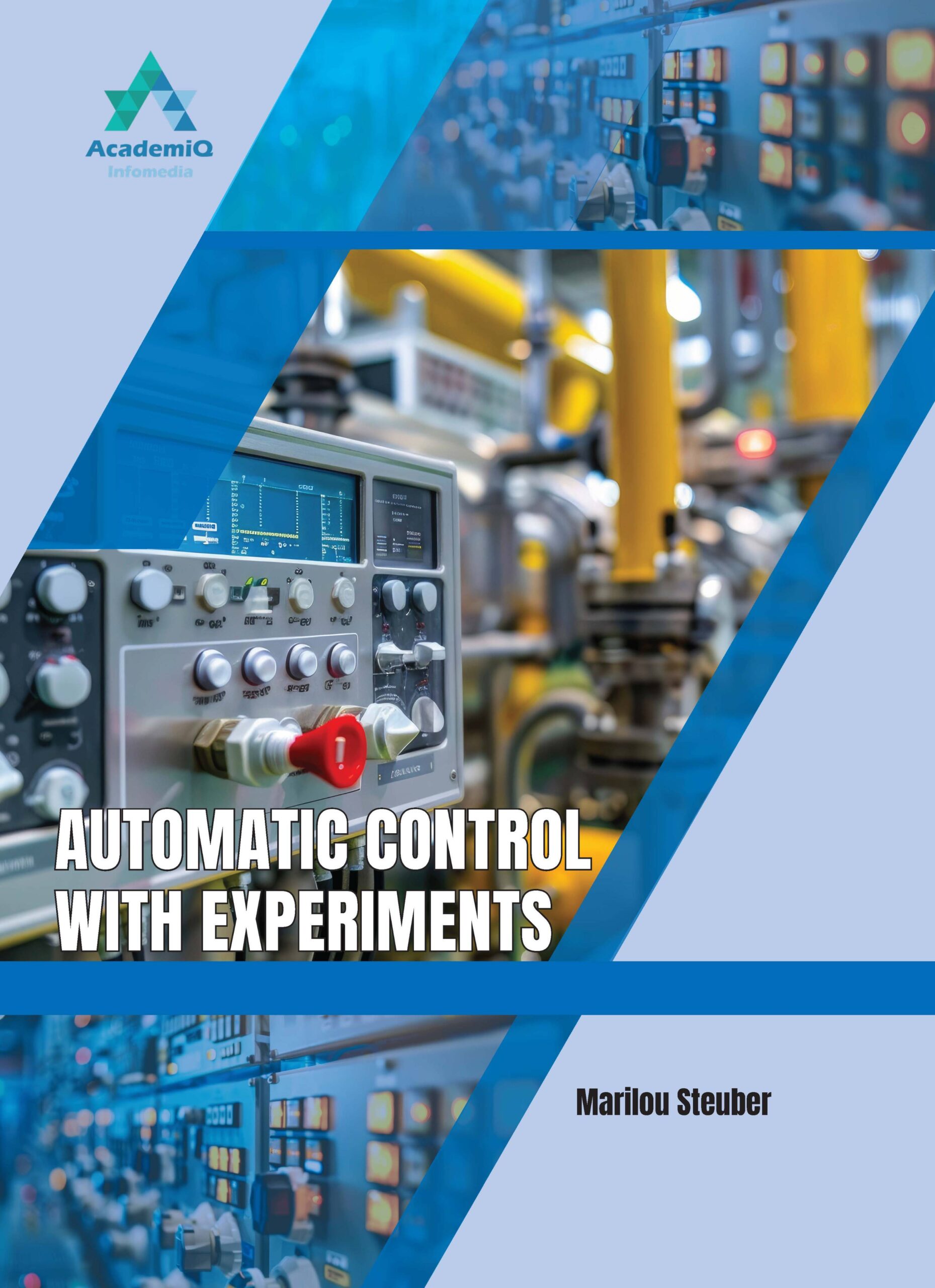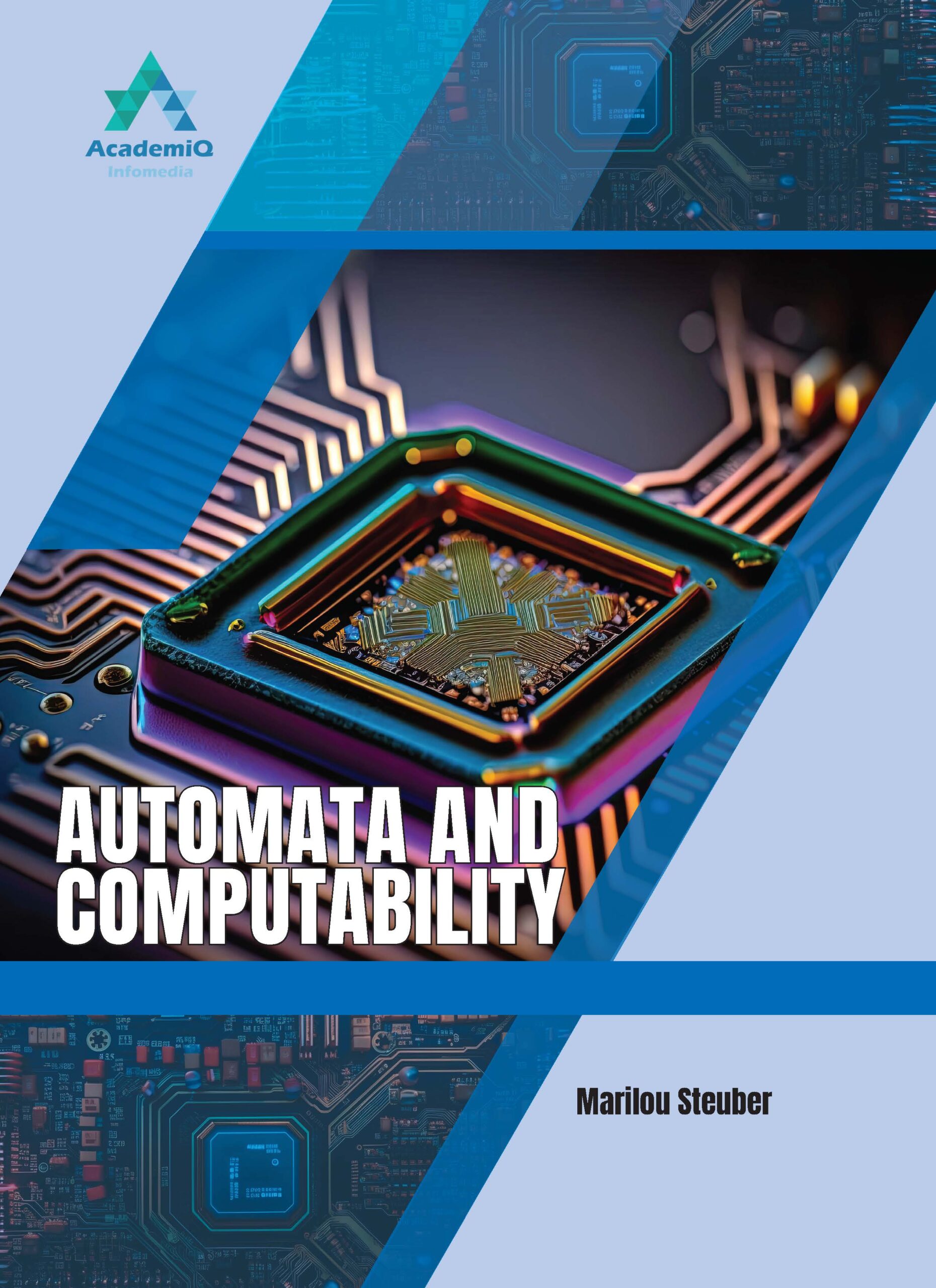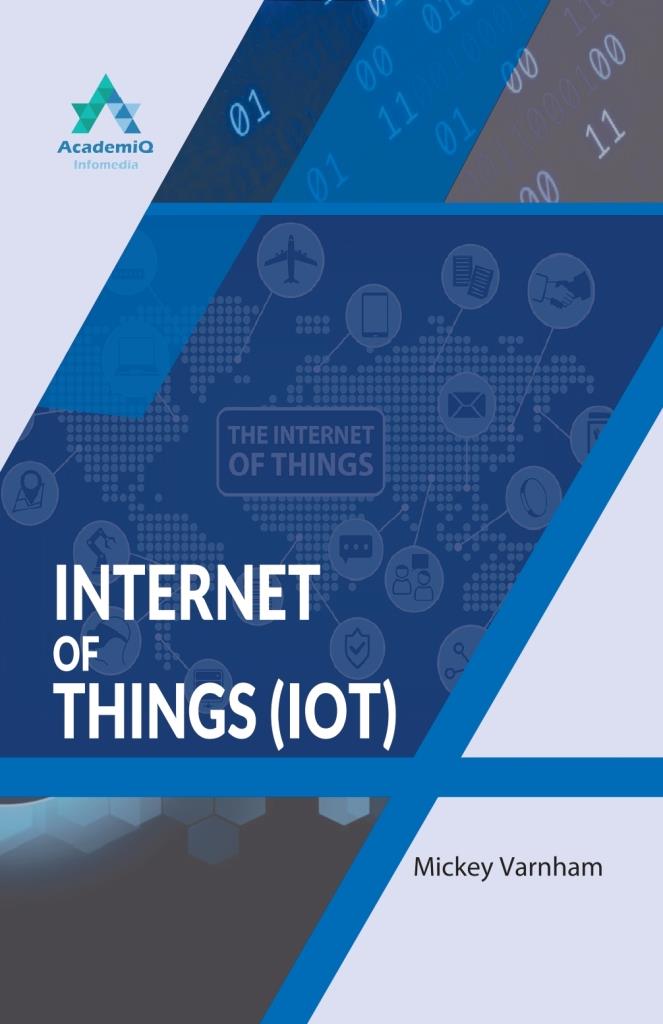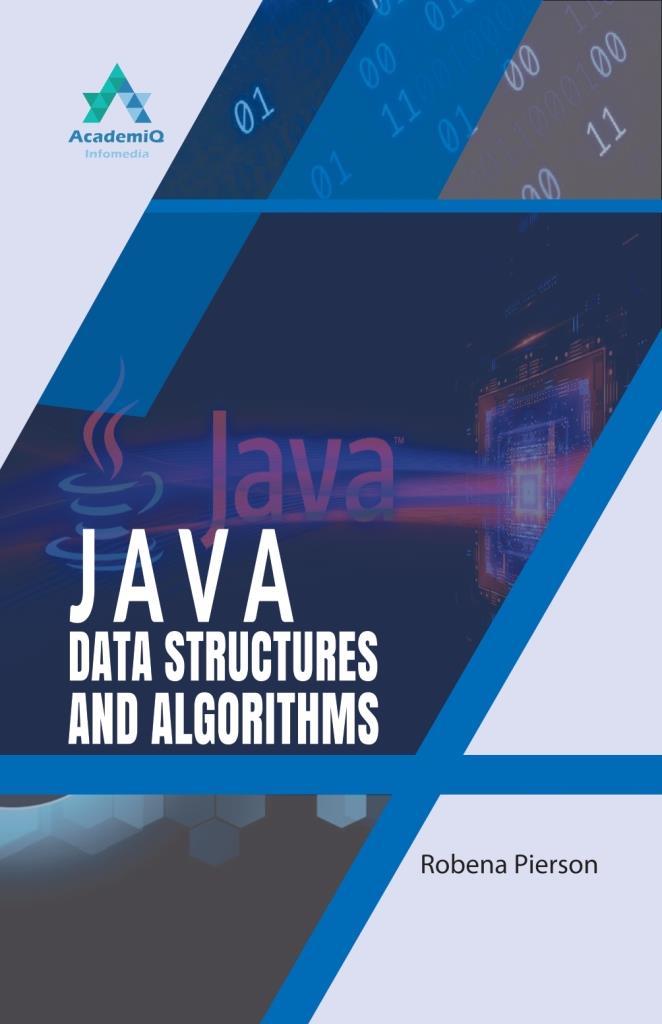Automatic Control with Experiments
$179.99
ISBN: 9781645342243
Binding: Hardcover
Year: 2025
Pages: 188
Author: Marilou Steuber
Book Size: A4 (8.9 X 12.3)
In the realm of engineering and technology, the mastery of automated control systems stands as a cornerstone for innovation and efficiency. “Automatic Control with Experiments” is a comprehensive book designed to illuminate the intricacies of automated control through a blend of theoretical insights and practical experimentation. Authored by leading experts in the field, the book serves as an invaluable resource for students, educators, and professionals seeking to deepen their understanding of control theory and its real-world applications.
At its core, the book emphasizes a hands-on approach to learning, recognizing that true mastery of automated control systems stems from active engagement and experimentation. Through a series of meticulously crafted experiments, readers are guided through the fundamental principles of control theory, from classical PID (Proportional-Integral-Derivative) control to more advanced techniques such as state-space control and model predictive control.
One of the book’s key strengths lies in its accessibility. Complex theoretical concepts are presented in a clear and concise manner, accompanied by real-world examples and practical illustrations. Each chapter begins with a thorough introduction to the underlying theory, providing readers with the necessary foundation to grasp the core concepts. This is followed by a series of hands-on experiments, where readers are encouraged to apply their newfound knowledge using simulation software or physical control systems.
The experiments themselves are designed to progressively build upon one another, guiding readers from basic control techniques to more advanced strategies. Through a combination of simulation exercises and physical implementations, readers gain practical experience in designing controllers, tuning parameters, and analyzing system performance. Moreover, the book offers guidance on troubleshooting common challenges and pitfalls encountered in real-world control applications, empowering readers to develop robust and reliable control solutions.
Beyond its educational value, “Automatic Control with Experiments” also serves as a testament to the interdisciplinary nature of control theory. Recognizing that automated control systems find applications across a diverse range of fields, the book explores case studies from domains such as aerospace, automotive engineering, robotics, and industrial automation. By examining real-world examples, readers gain insight into the myriad ways in which control theory shapes modern technology and drives innovation.
In addition to its focus on experimentation, the book also delves into the theoretical underpinnings of automated control, covering topics such as system modeling, stability analysis, and control design methodologies. Through a blend of theory and practice, readers gain a holistic understanding of control systems, equipping them with the tools and insights needed to tackle complex engineering challenges.
In conclusion, “Automatic Control with Experiments” stands as a definitive guide to the theory and practice of automated control systems. Through its emphasis on experimentation and real-world application, the book empowers readers to become adept practitioners of control theory, capable of designing intelligent, responsive, and efficient control systems across a variety of domains. Whether you’re a student embarking on your journey into the world of control engineering or a seasoned professional seeking to expand your skillset, this book offers a wealth of knowledge and practical guidance to help you succeed in the dynamic field of automated control.
Table of Contents
Only logged in customers who have purchased this product may leave a review.










Reviews
There are no reviews yet.